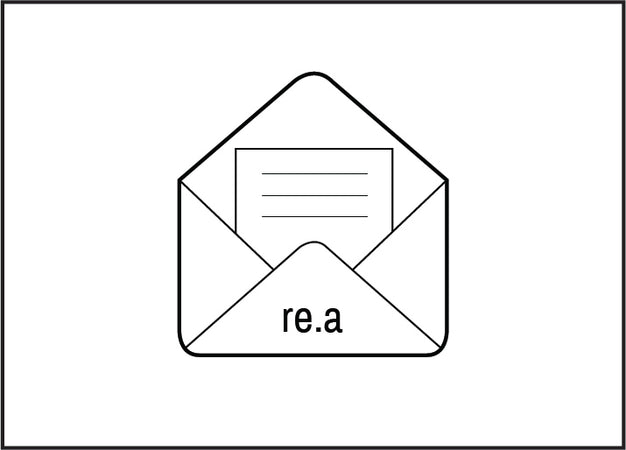Recycled Plastic
Recycled Plastic Waste, Spun into Polyester Thread called RPET

Our world produces around 300 million tonnes of plastic every year. To put this into perspective, we produce an amount of plastic every year that equates approximately to the weight of the entire human population. Of the 6 billion tonnes of plastic produced since its invention, only 9% has been recycled.
More than 8 million tonnes of plastic end up in our oceans every year. If current trends continue, there will be more plastic in our oceans than fish by 2050. More than 99% of plastics are produced from chemicals derived from oil, natural gas and coal.
Whilst initiatives such as those involving the elimination of single use plastics are essential, so is the reduction of plastic waste already in landfill and our oceans. Creating a circular economy that produces a commercial demand for the use of recycled plastics is integral to our efforts in reducing the severe impact of the waste already existing in our environment.
The manufacturing process involved in producing RPET is mechanical, which means the resulting reliance on energy, as compared to the energy required to produce virgin polyester, is greatly reduced. Whilst manufacturing processes vary according to the manufacturer, the following information offers an insight into the benefits thought to be associated with the manufacturing of RPET as compared to a virgin polyester alternative:
» Producing RPET requires 70% less energy than virgin polyester
» Producing RPET requires 85-95% less water than virgin polyester
» Producing RPET results in 45-70% less carbon emissions
In summary, the positive impact of recycling cotton and discarded plastic waste is persuasive, and enough to convince us that there is a positive contribution to be made to our industry.

